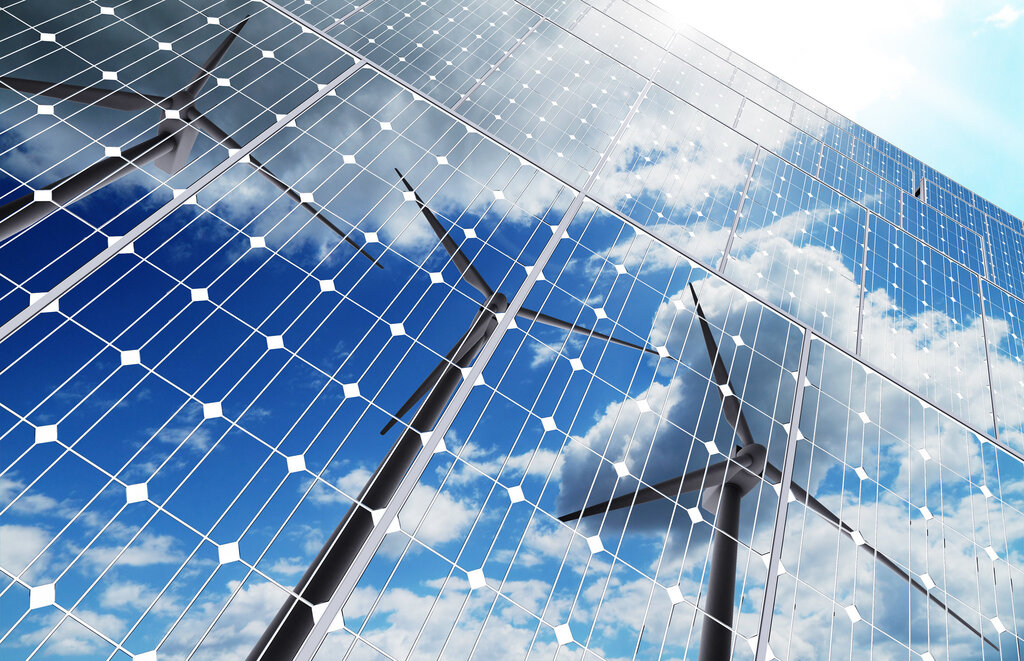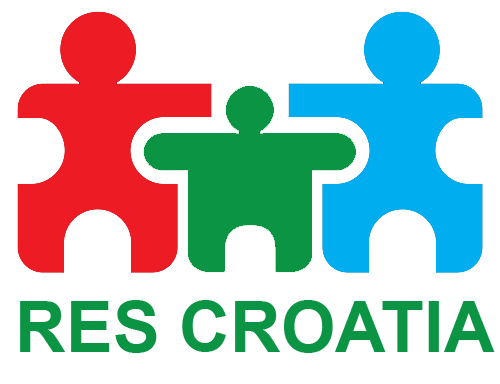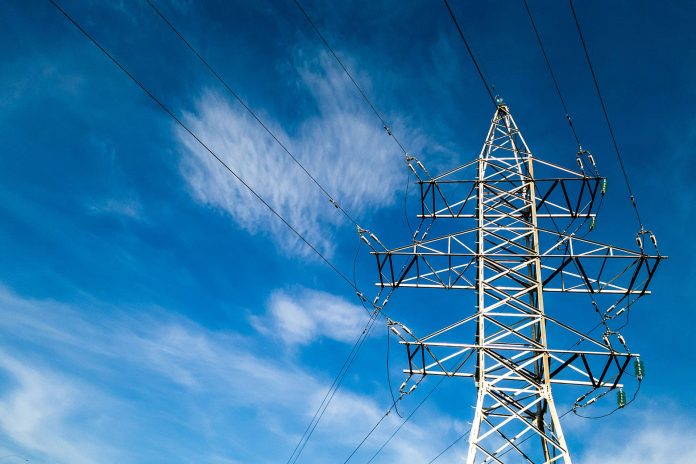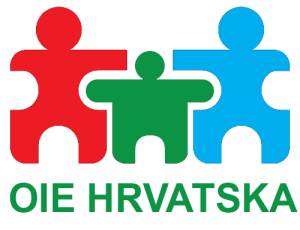After as many as two years of stalling, the Croatia Transmission System Operator, Ltd, HOPS, announced on June 13, 2023, the Rules for connecting to the transmission grid. Unfortunately, instead of stimulating the development of RES projects, the adopted rules disable them. Such hindering and discriminating rules Croatia hasn’t had since the beginning of the development of renewable energy source projects and, accordingly, RESC rightly considers them unacceptable and actually exceptionally harmful for the Republic of Croatia.
According to the new Rules, the process of issuing the required permits for RES projects is prolonged for almost two years. Therefore, investors will have to wait between 9 and 12 months for attaining the electric energy consent (EES) which is the condition for acquiring a location permit. For a study on the connection possibility (EMP), they will have to wait 90 days, and for the optimal technical connection solution study (EOTRP) an additional 5 to 8 months. In comparison, the EU prescribes that all construction permits should be issued within a period of two years, while presently only for resolving the connection issues it takes a year and a half.
According to the new Rules, it is not certain when and how much electric power will HOPS integrate into its grid from RES producers. On the other hand, HOPS has the right at any given time to exclude RES plants from the grid in a situation when we need every megawatt of produced domestic green energy.
In the initial phase of the development of RES projects, the investor has to fulfill all his financial obligations, while HOPS delays its obligations until the development of a new grid, which will happen in approximately 20 years, regardless of the fact that it is already taking funds for connectors and development.
Owing to its rather comfortable position and utmost conservative stand HOPS has fallen behind in developing its grid and is now additionally taking off all responsibility from itself by its utmost discriminatory and arbitrary mechanisms of suppressing or even totally excluding producers from the grid without even having to financially disburse them for the damages incurred.
According to such rules, no financial institution will approve a loan for RES installations for which it does not know how much produced electric power it will be able to bill and get back the invested means. Investors are thus messaged that they are not welcome while achieving energy independence and self-reliance is prolonged for an unspecified period of time.

In the developed EU countries the situation is clearly different. The goal of developing the grid is optimization which leads to the greatest increase in social well-being. That is achieved in a way that the operator of the system bears the financial burden of decreasing/excluding production, and through these expenditures, the system operator has the powerful impetus to optimize its transactions and have clear indicators of when it is better to build new elements of the grid and when to decrease/exclude the production which in turn results in the lowest costs within the regulated activities.
It is important to clarify that the transmission of electric power is a regulated activity (monopoly) that is not subject to competition, while on the other hand, the production of electric power is subject to the extremely competitive common EU market. Through these rules, HOPS diminishes its obligations and risk and places domestic investors in an exceptionally difficult position in which they cannot compete on the EU market. Unfortunately, such Rules will only simulate the import of electric energy,
HOPS is also introducing the discriminating rule that only once a year can data on the state of the transmission grid be requested in view of connecting to the grid. If the investor, for any objective reason, cannot achieve that in the timeframe from May 1, to May 15, the whole year is lost even if he is only a day late.
The Rules state that all of HOPS’s lines are inscribed in the national infrastructure register which does not correspond to the actual state and the register should be urgently updated. The precise state is an important precondition for appropriate planning and development of future RES production capacities.
In addition, the Rules impose a payment by the investors of a fee for connecting to the grid as soon as the connection agreement is signed, although all the way up to the obtainment of the building permit for the connection, HOPS’s risk is exceptionally small so it would be logical and reasonable to pay the connection fee only after the obtainment of the building permit.
HOPS also announced that on request it will provide data on the status of the grid within a period of 30 days. OEIH considers that in the present-day computerized age that period is too long and that it has at its disposal at any time available information on the state of the grid it maintains given that it is also its owner.
The Law on the Electric Power Market (ZOTEE) from 2021 stipulates that only projects that have obtained an energy consent (EO), prescribed as the first step in the development of the project, can request connection to the grid. It was a good step which enabled the accumulated 12 000 MW of submitted requests to be halved quite soon
Unfortunately, after HOPS announced the Rules on connecting to the grid, we have returned to a chaotic situation. At this point, it is not clear how many requests for the development of projects have remained according to the transitional provisions of ZOTEE, and how many there are according to the recently adopted Directive on the criteria for implementing public tenders for the issuing of energy consents and conditions for issuing energy consents according to Article 17 of ZOTEE.
The European Union in its Directive on Renewable Energy prescribes, as does the Law on Renewable Energy Sources and Highly-effective Cogeneration that all permits should be issued within a period of two years and in special zones suitable for the accelerated development of RES projects, all permits should be issued within a period of one year. In the Republic of Croatia, owing to the new Rules, that will be impossible.
We wish to emphasize that all this is happening in the same month in which the Ministry of Physical Planning, Construction, and State Assets is adopting a legal framework that accelerates and simplifies the development of solar energy. The same legal framework renders the development of agro-solar plants which is very important for the development of our agriculture in the fight against climate change strategic importance. And in the same month, we got the new HOPS Rules on connecting to the power grid which all but annuls the development achieved.
We wish to point out that the development of RES has been given in all European Union documents the status of overriding public interest so that its citizens would have access to available, domestic, and clean energy. Unfortunately, the Republic of Croatia, owing to these Rules is becoming one of the countries that is preventing the development of renewable energy. The RES projects that are waiting to be developed at this time are valued at as much as 1.5 billion EUR but due to HOPS’s new Rules, it is questionable when and whether at all they will be developed. RESC considers that inter-sectoral action and cooperation of relevant ministries are urgently needed so that the Republic of Croatia can put a stop to such limiting rules that block the development of RES projects.










